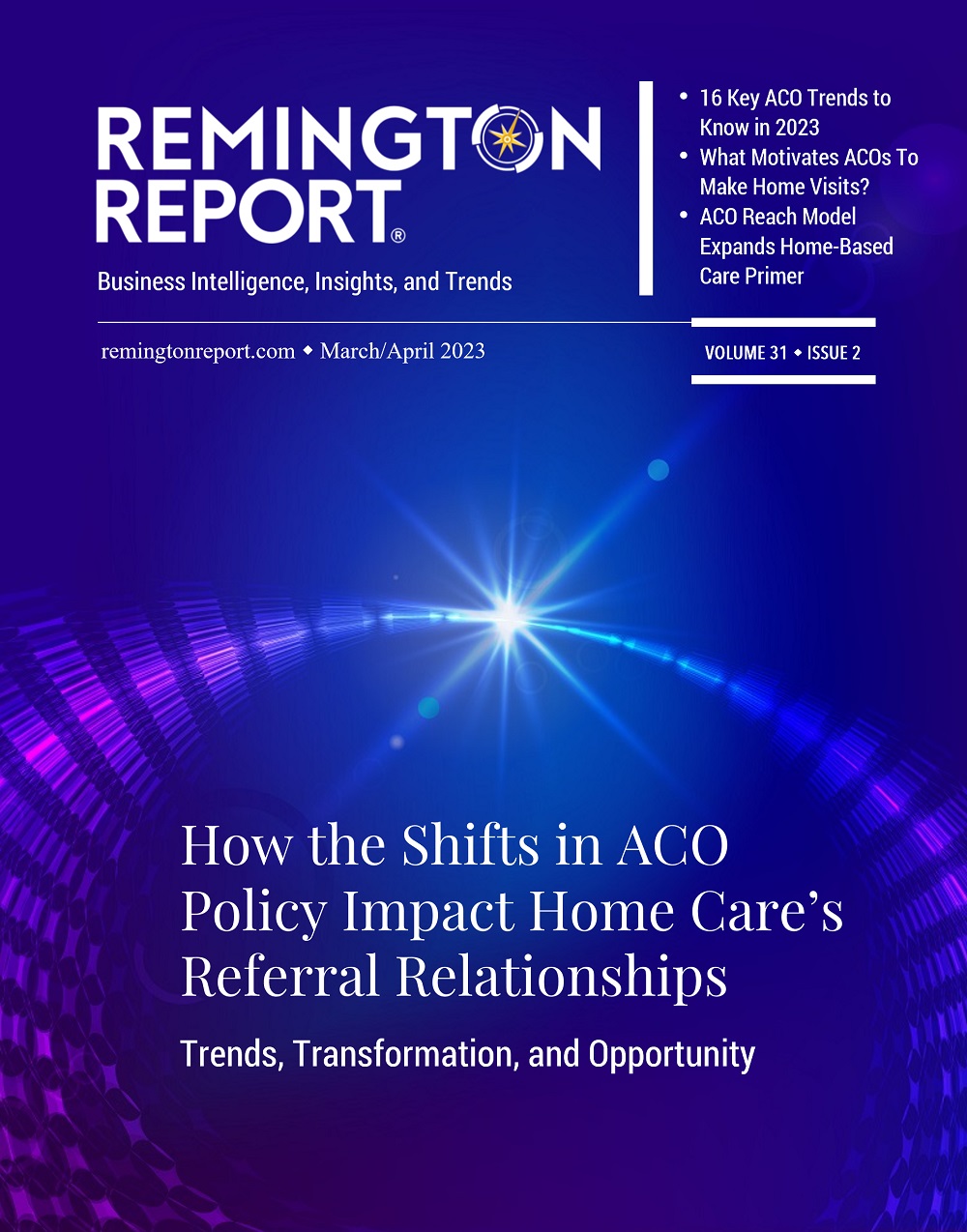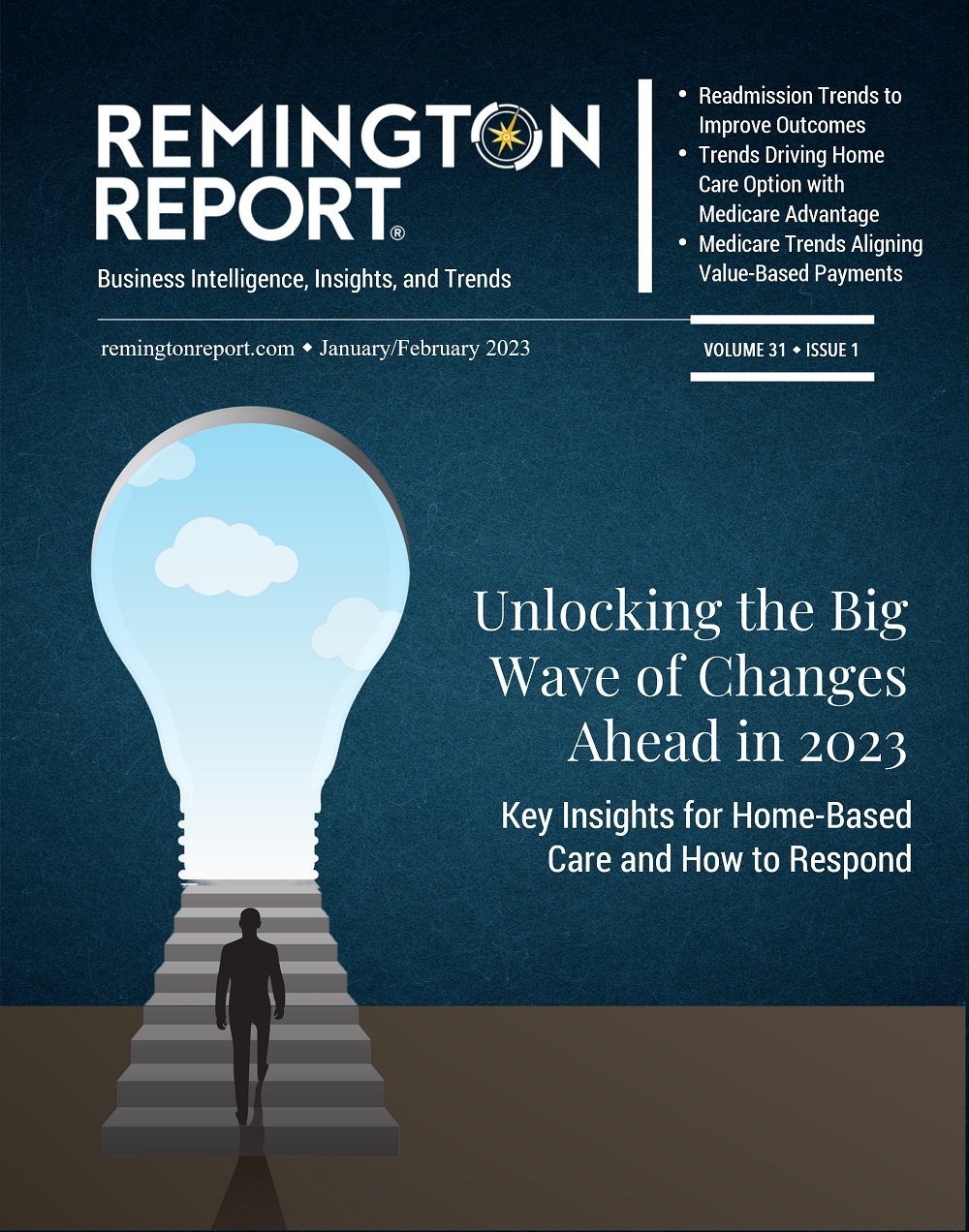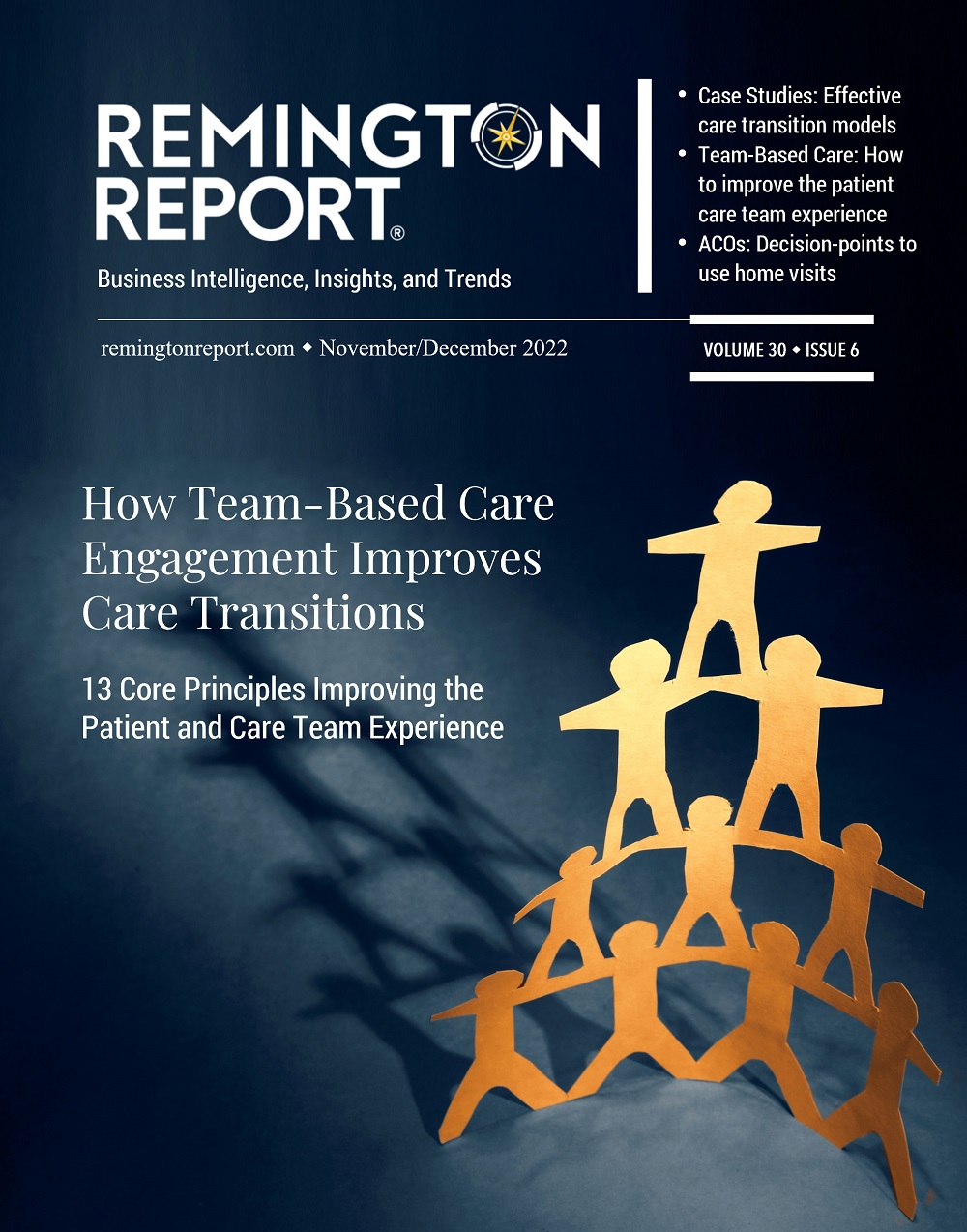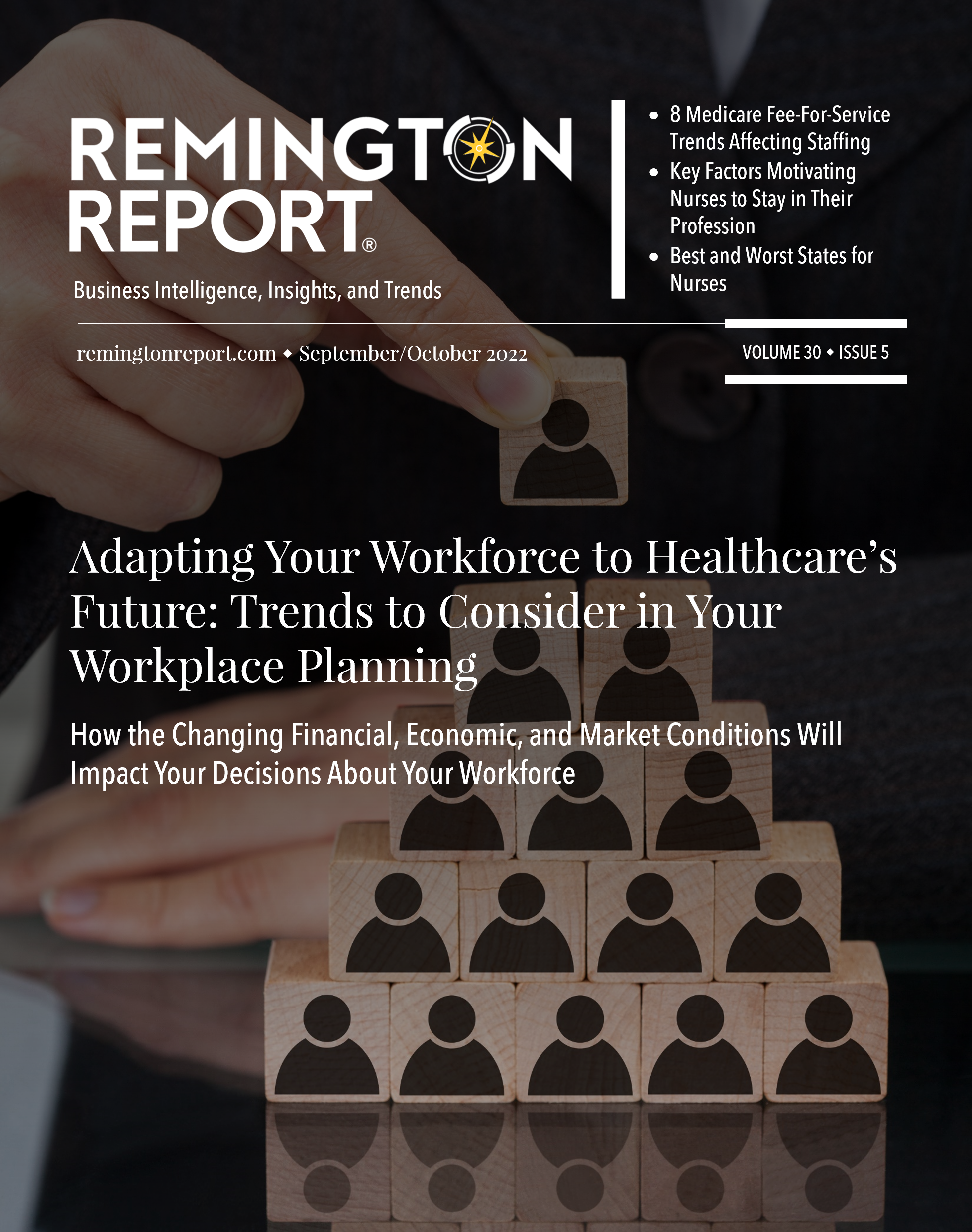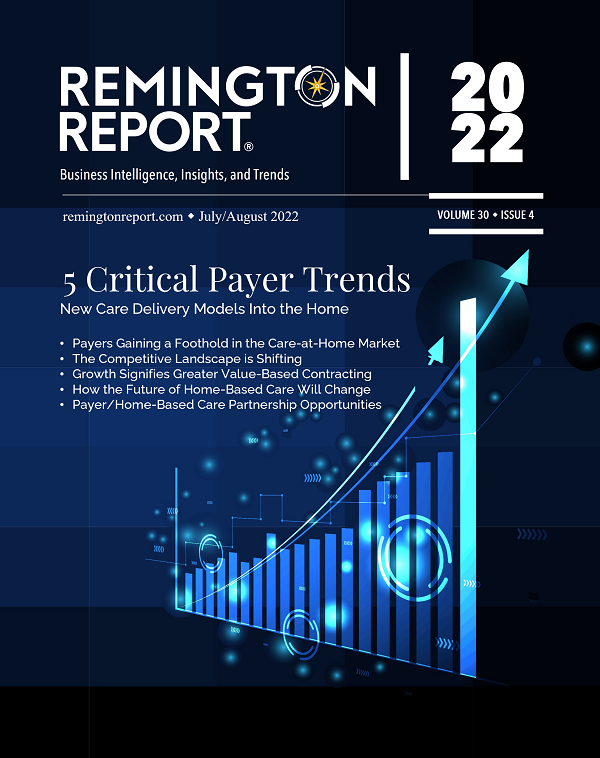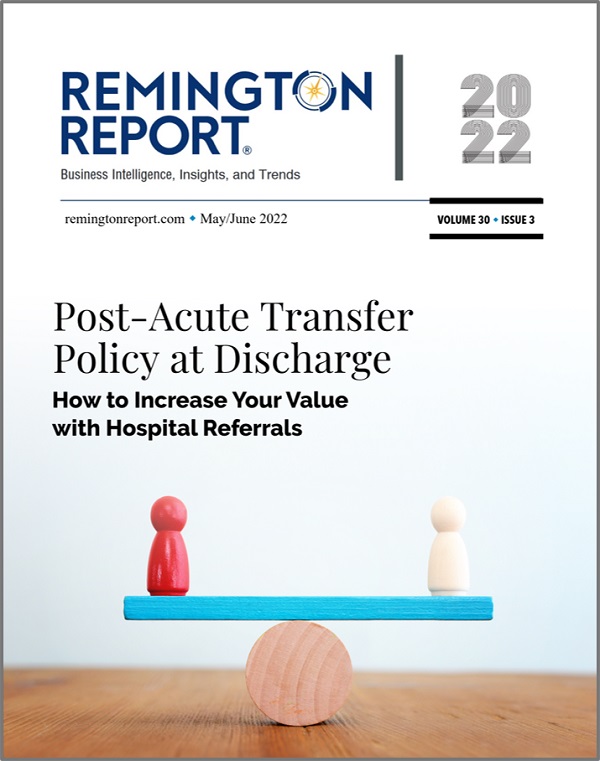One of five people with mobility and self-care disabilities reported negative consequences from not having assistance with activities they had trouble performing by themselves.
Older adults who need help moving around, taking care of themselves, or handling household responsibilities but do not receive such assistance have higher Medicare expenses than those with adequate assistance.
A research report in the Annals of Internal Medicine, identified factors that affect variation in healthcare spending among older adults with disability may reveal opportunities to better address their care needs while offsetting excess spending. The study included 3,716 community-living older adults.
What the Study Found
- More than one of five study participants with mobility and self-care disabilities reported negative consequences from not having anyone available to help with activities that were difficult to perform by themselves.
- More than 39 percent of participants with difficulty or needing help in toileting experienced an adverse consequence because of inadequate assistance. About one-quarter of participants with mobility issues reported not being able to go outside (27.9%) or move around their homes (22%) as a result of inadequate assistance. Among those who had trouble with keeping track of prescribed medication, 22 percent said they had made mistakes because of inadequate assistance.
- Annual Medicare spending was more than twice as high among participants with disabilities as those without disabilities. The type of disability as well as the availability of adequate support influenced spending. Median per-person spending was higher for participants with self-care disabilities ($3,200) and mobility disabilities ($2,300) who experienced negative consequences from inadequate support compared to those who did not experience negative consequences.
- Study findings suggest more than $4 billion in additional spending may have been incurred by Medicare in 2015 as a result of excess costs related to inadequate support among older adults with self-care or mobility disabilities.
The study validates the importance of recent reforms to healthcare delivery and payment aimed at addressing patients’ nonmedical needs, including housing, transportation, and support for daily activities that are fundamental to health and well-being.
Medicare could offset billions in spending per year by investing in interventions aimed at addressing mobility and self-care limitations among community-living older adults.
Source: Commonwealth

Lisa Remington is widely recognized as one of the foremost futurists in the home care industry, focusing on healthcare trends and disruptive innovation. She serves as the president and publisher of the Remington Report magazine and is also the President of Remington’s Think Tank Strategy Institute. Lisa provides strategic advice and education to over 10,000 organizations, assisting them in developing transformative strategies for growth and their future implications. She closely monitors complex trends and forces of change to develop effective strategic approaches.



